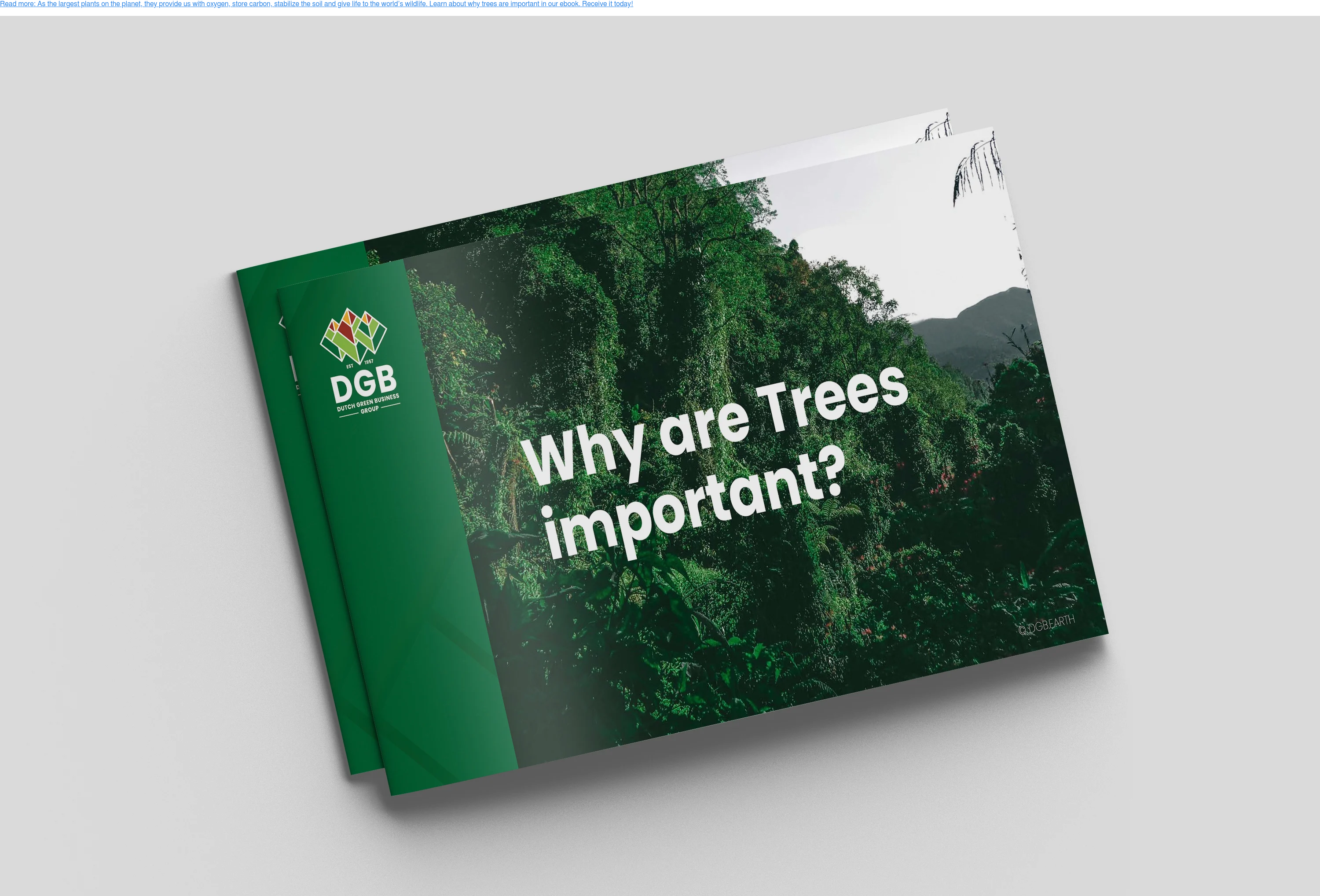The Indonesian government is hoping that its forests will not only be carbon neutral but also act as a carbon sink by the year 2030. This aim is part of a larger strategy that the government is employing to reduce its carbon emissions.
Reducing carbon emissions
The Indonesian government aims to reduce emissions by 29% independently. The government also submitted its nationally determined contributions (NDCs) to the United Nations Framework Convention on Climate Change (UNFCCC) secretariat in 2016. With this international assistance, the Indonesian government aims to reduce its emissions by a further 41%. The Environment and Forestry Ministry expect that a significant amount of emissions reduction will come from the forestry and land-use sector in the form of a 24.5% reduction by 2030. This is the equivalent of approximately 692 metric tons of carbon dioxide.

Preventing further destruction of forest habitats
Deputy Minister Alue Dohong has said that the ministry is carrying out certain measures to support the government’s overall emission reduction plan. These measures include reducing deforestation and preventing forest fires and land degradation. According to Dahong, the government also aims to redirect forest economics from logging operations to sustainable forest management. The government also aims to continue preventing biodiversity loss and update its policies in line with environmental international conventions. He is optimistic that, through these efforts, the government will achieve its environmental targets by 2030.
Director general for climate change control Laksmi Dhewanti echoes Deputy Minister Alue Hong’s optimism. He suggests government policies that reduce reliance on timber from natural forests and reducing developments on natural forests will be instrumental in mitigating climate change and achieving the carbon sink goal.
However, environmental activists are not entirely convinced that the government’s aim is realistic. Activists claim that the government has not been transparent about how carbon will be reduced by each of the measures and exactly how many carbon emissions these measures will reduce. Yosi Amelia, the forest and climate program officer at environmental NGO Madani, suggests that at Indonesia’s current deforestation rate, the country cannot afford to lose any more forest from now on.







